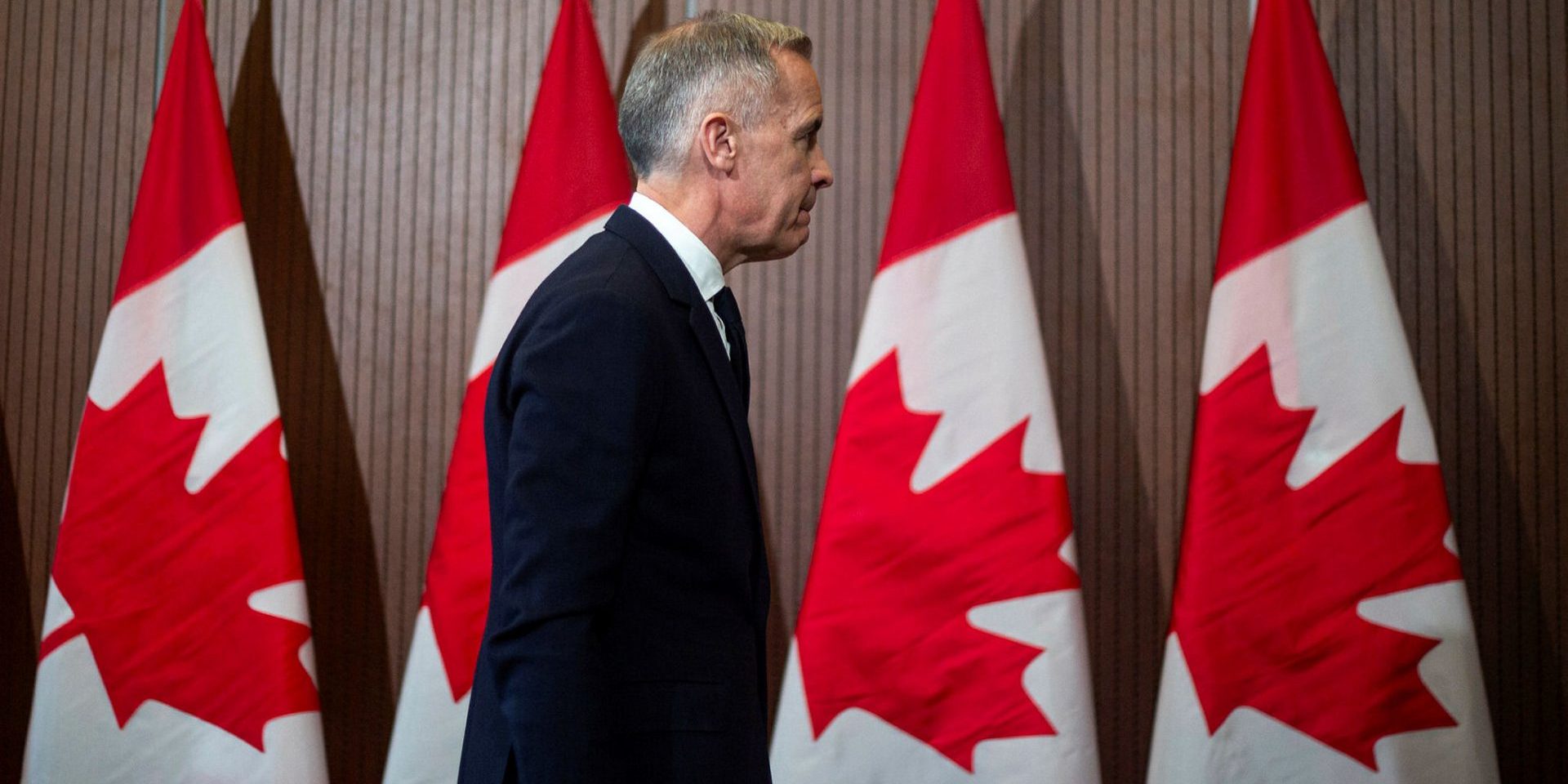Digital is the future, and Carney should name a minister for Canadian digital sovereignty

Prime Minister Mark Carney and his future new cabinet will face a mind-boggling agenda far beyond the typical demands facing a new government. But success in the goal of creating a new, more self-reliant Canada will require radical new thinking, commitment, and action—not business as usual.
What we want, for the future, is not the pursuit of global energy superpower status—whatever that means, but which seems to put much greater emphasis on oil and gas dependency—but to become a global digital superpower. This is the future, and we must be part of that future.
This would mean not only excellence in digital, including AI, education, and fundamental research, but also the development of leading Canadians companies in AI and related fields, widespread application of AI and digital systems across the public and private sectors, advances in cybersecurity, and the pursuit of Canadian digital sovereignty. It will also require a financial system that much better serves the needs of the future economy, one that really supports our ambitious entrepreneurs.
So here’s an idea: the Carney government should create a minister for digital sovereignty, a minister and department with the skills and the overall responsibility for Canada’s successful transition to the digital economy. Today, responsibility is scattered across different government departments, but no cabinet minister or department has overall leadership responsibility or is capable of providing it.
For success, in the fast-moving world of AI, quantum computing, high-performance data centres, and the development of even more powerful semiconductors and software, we will need a minister and department that’s the driving force in ensuring our country has a place in this fast-emerging new world. This has to be a full-time, 24/7 job. As a note from the law firm Tory’s says, we should look at “digital infrastructure and data sovereignty as national priority projects.”
Despite recent efforts to support AI, including some significant accomplishments and plans—namely, Canadian company Cohere Inc.‘s a $725-million computing project (with $250-million of public funds)—the overall results have been disappointing. For example, 75 per cent of the patents generated under the Pan Canadian AI Strategy are owned by foreign firms with the economic benefits exported to other countries. We are not ranked by Stanford University as one of the world’s top 10 AI nations.
Moreover, there has not been a push to support Canadian firms in Ottawa. I was recently shocked (but not surprised) to read in The Globe and Mail that officials in the federal government, in compiling a list of cloud-computing service providers for future contracts, had limited the list to four American multinationals. There appears to have been no attempt to even consider the possibility of finding Canadian companies, even though a number exist, including ThinkON and eStruxre. Fortunately, there is now a last-minute exercise to list Canadian businesses.
A much more ambitious initiative is needed. AI and related digital technologies will be so disruptive and so far-reaching in their impact that, if Canada is left behind, we will lose the opportunities to create good jobs and wealth through high-value activities, and instead exist as vassals of the major American multinationals currently dominant in many of these areas.
In looking at what needs to be done, and as part of the proposed strategy for greater diversity in our global economic ties, we should as well seek to partner with Europe as it implements an extraordinarily ambitious strategy for an AI future.
The European Commission has created its own minister responsible for the continent’s AI future—its executive vice-president for tech sovereignty, Security and Democracy—who is responsible for leading and implementing the EU’s AI strategy, its plans for an EU-wide cloud policy, high-performance computing, and the EU quantum chips plan, promoting secure and high-speed digital networks across Europe, enforcing the EU’s Digital Services Act and Digital Markets Act, and deploying digital public infrastructure.
The strategy includes plans for at least 15 “AI Factories”—AI clusters located across Europe to foster innovation, collaboration and development in this sector—bringing together computing power, data and talent to build leading AI models and applications, linking supercomputing centres, universities, small and midsize companies, industry and the financial community. The goal is to drive AI applications across many sectors, including health, manufacturing, climate, finance and space.
There are also plans to create up to five AI Gigafactories—supercomputing centres to develop next-generation AI models, comprising over 100,000 advanced AI processors, the creation of a network of European cloud computing infrastructure, strong support for expanding the number and competitiveness of European AI companies, and other measures to ensure data and digital sovereignty and cyber security. Overall public and private spending is expected to exceed $315-billion. The Europeans are determined to be players in the future AI/digital society. And that should be Canada’s goal, as well.
There are some hopeful signs with the new Carney government. For example, the Liberal platform put much emphasis not only on the use of AI to much improve the delivery of government services, but also to give priority to Canadian firms. Creating a market for home-grown businesses is a critical way to encourage and scale up our AI entrepreneurs.
As then-minster of government services, Jean-Yves Duclos said after a meeting with industry leaders back in March, “it’s more important than ever that we adopt a made-in-Canada approach to technology within the Government of Canada. Not only will this help fuel domestic growth, it will strengthen Canada’s digital sovereignty and ensure our country remains competitive on the global stage.”
If our future is to be based on pipelines, then the priority must be digital pipelines, not fossil-fuel ones. We have a cabinet mister and department for the oil and gas industry. We need one now for the AI/digital economy that lies ahead. The opportunities are great. We mustn’t let timidity hold us back.
David Crane can be reached at crane@interlog.com.
The Hill Times






 LICENSING
LICENSING PODCAST
PODCAST ALERTS
ALERTS


